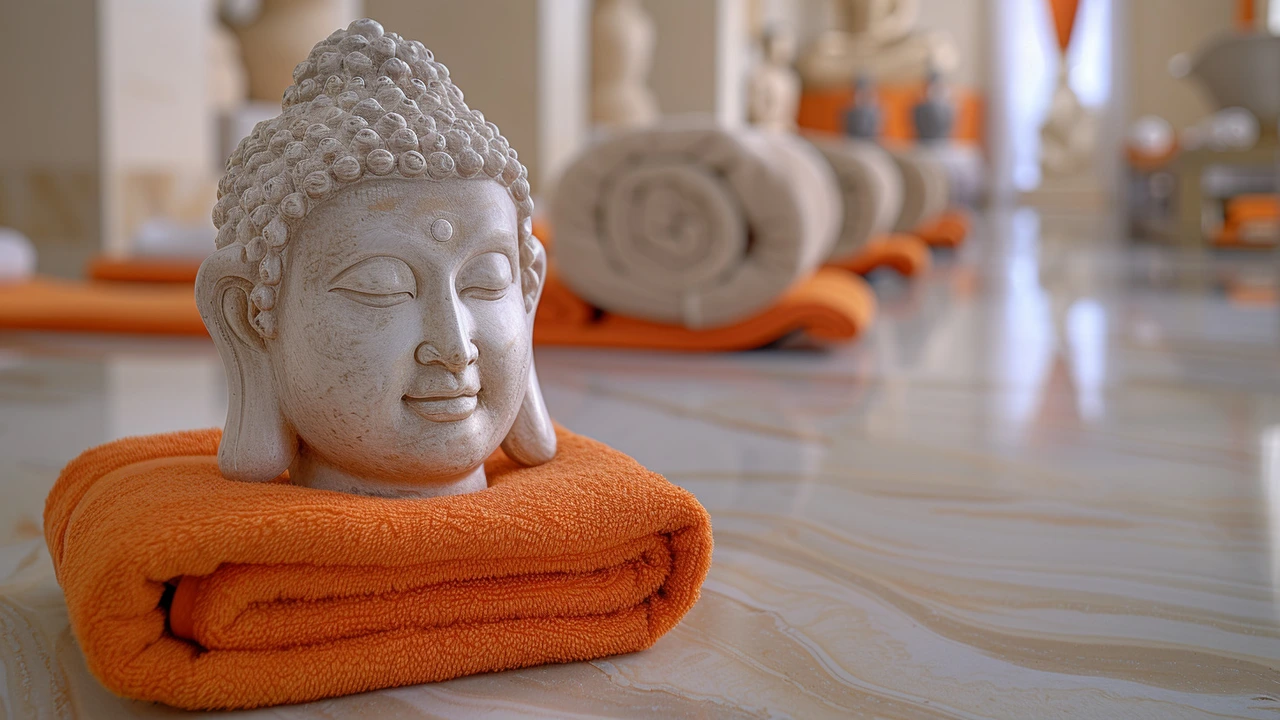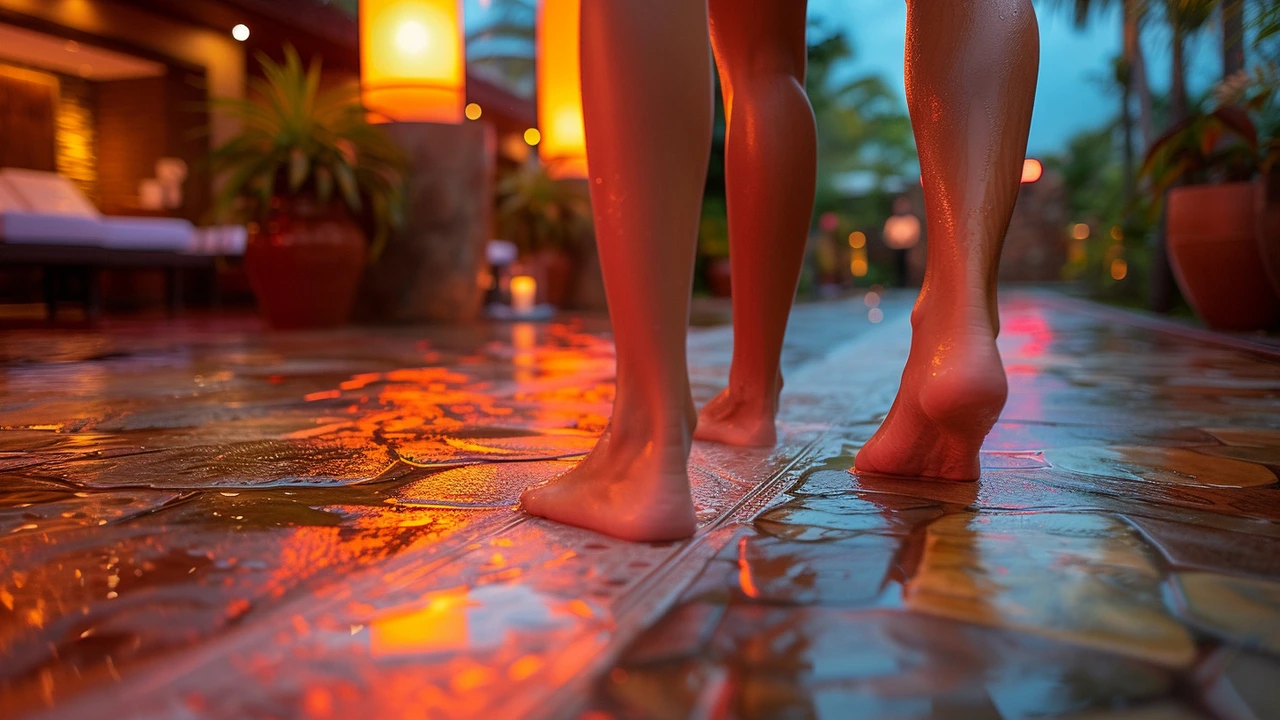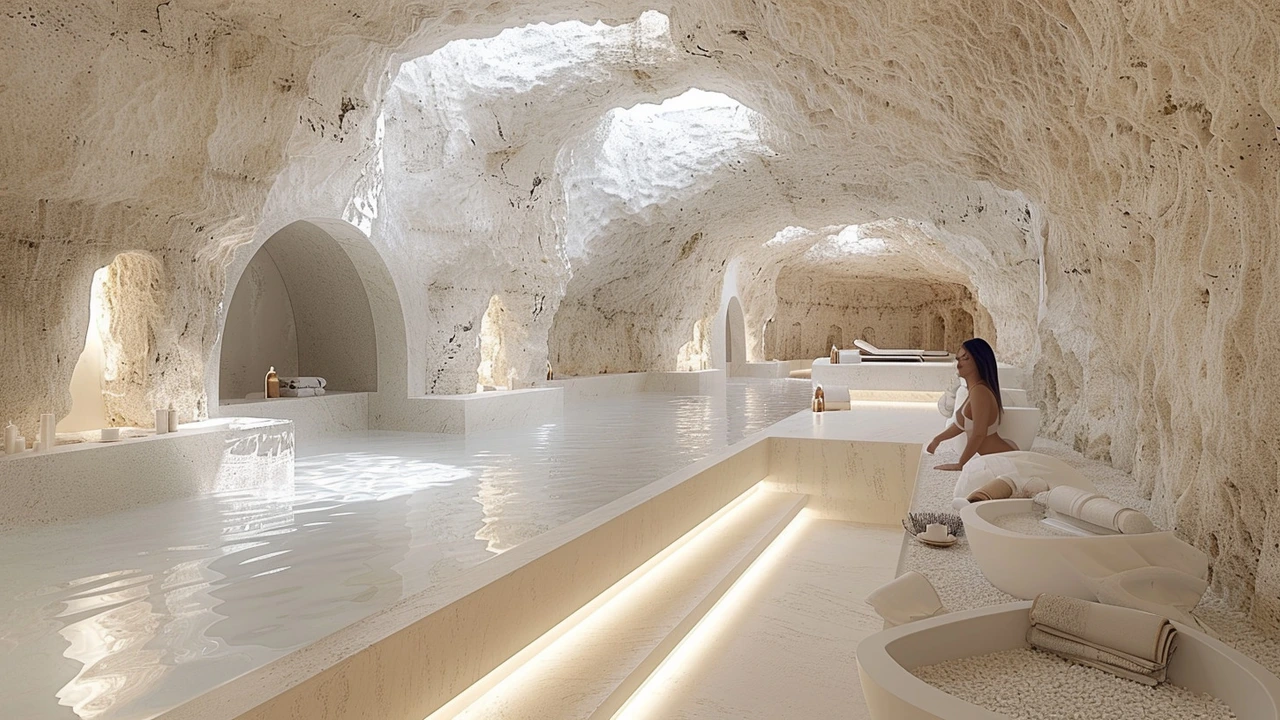The Fascinating History of Thai Massage

The Origins of Thai Massage
Thai massage, also known as Nuad Bo'Rarn, has a fascinating history that dates back over 2,500 years. Originating in India, it was brought to Thailand by a physician known as Shivago Komarpaj who was a contemporary of the Buddha. This ancient healing system was influenced by the Indian Ayurvedic tradition, along with traditional Chinese medicine. It was initially practiced in temples, with Buddhist monks carrying out the healing work.
Thai massage was traditionally passed down through generations by word of mouth and through practice, rather than in written form. It was not until the 19th century that the knowledge of Thai massage was inscribed in stone tablets by King Rama III. These tablets can still be seen today at the Wat Pho temple in Bangkok.
The Principles of Thai Massage
Thai massage is based on the concept of invisible energy lines running through the body, similar to the meridians in Chinese medicine. Illness or discomfort is believed to be a result of an imbalance or blockage in these energy lines. The aim of Thai massage is to bring the body back into balance and promote self-healing.
The massage involves a combination of stretching, acupressure, reflexology and meditation. The therapist uses their hands, feet, elbows, and knees to apply pressure and manipulate the client's body into various yoga-like poses. The process can be both relaxing and energizing, as it stimulates blood flow and releases tension in the muscles.
The Evolution of Thai Massage
Over the centuries, Thai massage has evolved and developed, taking on influences from other cultures and healing traditions. In the 20th century, it has become popular worldwide as people have become more interested in holistic health and wellness. Today, you can find Thai massage practitioners in every corner of the globe.
Modern Thai massage often incorporates elements from Western physiotherapy and sports massage. Some therapists also use tools such as hot herbal compresses or essential oils to enhance the treatment. Despite these modern adaptations, the fundamental principles of Thai massage remain the same.
The Role of Thai Massage in Thai Culture
In Thai culture, massage has always held a special place. It is seen not only as a form of healing, but also a way of maintaining health and wellbeing. Thai massage is often used in conjunction with other traditional Thai healing practices, such as herbal medicine and spiritual rituals.
Thai massage is also an important part of Buddhist practice. Monks often perform massage as a form of meditation, and it is considered a physical expression of loving kindness. Even today, many Thai massage therapists begin their sessions with a prayer to Shivago Komarpaj, acknowledging the spiritual roots of their practice.
The Health Benefits of Thai Massage
Thai massage is renowned for its health benefits, both physical and mental. On a physical level, it can help to relieve muscle tension, improve flexibility, boost circulation and strengthen the immune system. It is also used to treat specific health conditions, such as back pain, headaches, digestive problems and stress-related disorders.
On a mental level, Thai massage can help to reduce stress, improve sleep, boost mood and enhance mental clarity. The meditative aspect of the massage can also promote a deeper sense of inner peace and wellbeing.
The Future of Thai Massage
The future of Thai massage looks bright. As the world becomes more aware of the importance of holistic health and wellness, the demand for Thai massage is likely to continue to grow. Many people are now seeking out natural, non-invasive treatments that address the root cause of illness, rather than just the symptoms.
There is also a growing interest in the traditional wisdom of Thai massage. More and more people are training to become Thai massage therapists, and there is a greater recognition of the depth and complexity of this ancient healing art. With its rich history and profound health benefits, Thai massage is sure to continue to thrive and evolve in the years to come.





